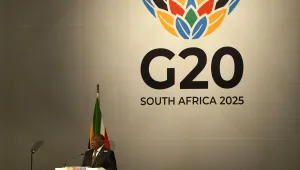The Times, Are They A-Changin'? Unmuddling the Politics of Time in the MENA
Claims of generational differences seem to be everywhere in qualitative and ethnographic studies of the Middle East nowadays. Here are several examples. Youssef El Chazli argues that participation in mass protests during the 2010-11 Arab Uprisings had a range of life-altering effects on young Egyptians’ friendship networks, family lives, and careers (El Chazli 2020). Revolutions have afterlives. Marsin Alshamary found that many young Iraqis today, disillusioned with the corruption and sectarianism of their country’s parliamentary democracy, express nostalgia for the strongman Ba'athist era (Alshamary 2018). Authoritarian pasts have afterlives too, even – or especially – among those who never experienced them. In a similar vein, policies are sometimes based on assumed differences among generations. Supporters of the Iran nuclear deal, for example, justified its controversial 10 to 15-year sunset clauses by noting that a new generation of Iranian political and clerical leaders will – over that time – replace those of the generation that carried out the 1979 revolution (e.g., Sick 2015). After the lives of The Revolution, so to speak. Over the past 25 years, such generational analyses of the MENA seem to have become increasingly common. Yet, despite this broad interest in generational change and numerous rich ethnographies that speak to it, I posit that we still know little – with any degree of confidence – about the politics of time and if and how social generations differ from one another in the MENA.



